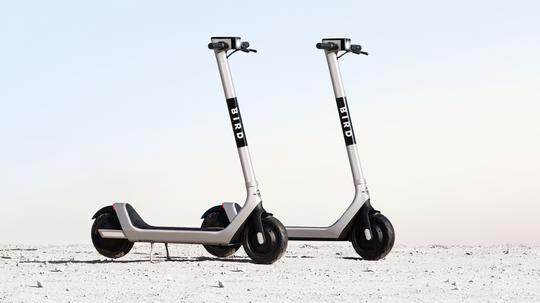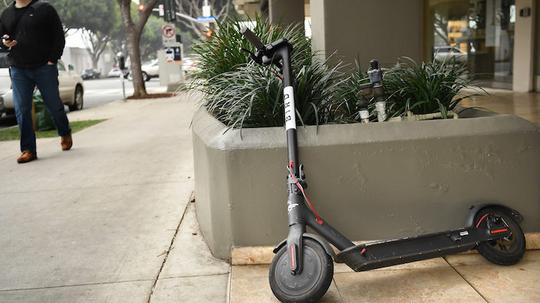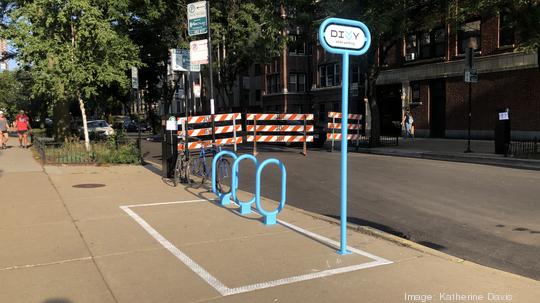
As Chicago’s second electric scooter pilot comes to an end, the future of e-scooters in the city is still uncertain.
Ridership in the second pilot was down compared to the first one that took place in 2019, likely because of changing commuter patterns amid the Covid-19 pandemic, according to data from the Chicago Department of Transportation and Department of Business Affairs and Consumer Protection.
Though this year’s pilot took place in more neighborhoods and included more scooters, the data showed that about 640,000 trips were taken in 2020, down from 821,000 in 2019. Despite ridership being down in 2020, the data shows that the trips taken were longer. The average trip length in 2020 was 1.71 miles, 14% longer than the average trip in the 2019 pilot.
The 2020 pilot, which ran from Aug. 12 to Dec. 12, dispersed 10,000 scooters across the city’s neighborhoods, with many being placed in equity priority areas, which were mainly located on the South and West sides.
New in this year’s pilot was the requirement that idle e-scooters be locked to something. The rule was created after the city received numerous complaints about scooters cluttering sidewalks and streets.

In this year’s pilot, each scooter was required to be equipped with a lock that allowed it to be easily attached to bike racks, street signs and other fixed objects. City data showed a 79% decrease in complaints-per-day-per-device during the 2020 pilot compared to the 2019 pilot.
Across the three participating e-scooter vendors—Bird, Lime and Spin—about 10,000 scooters were available to Chicagoans. The only parts of the city where scooters were not allowed to operate were the lakefront, the 606 trail, O'Hare Airport and the central business district.
Now that the pilot is over, the City is collecting feedback on the pilot from Chicagoans through a survey as it evaluates whether e-scooters should come to Chicago permanently. The survey closes Jan. 7, and city officials say more information about scooters’ long-term availability in Chicago will come in 2021.
“We are encouraged by the preliminary data we have seen from the second pilot,” said BACP Commissioner Rosa Escareño in a statement. “This pilot was designed thoughtfully and carefully to test this new mobility option, and we are now going to work with stakeholders to thoroughly examine the data to evaluate whether e-scooters make sense for Chicago in the long term.”
In addition to e-scooters, the City of Chicago introduced electric Divvy bikes to the city for the first time in 2020. They go up to 15 mph and come equipped with a lock, meaning similarly to scooters, they can be locked to any fixed object when a ride is over as opposed to having to find a traditional Divvy station. The city placed custom electric Divvy bike racks throughout the city.




